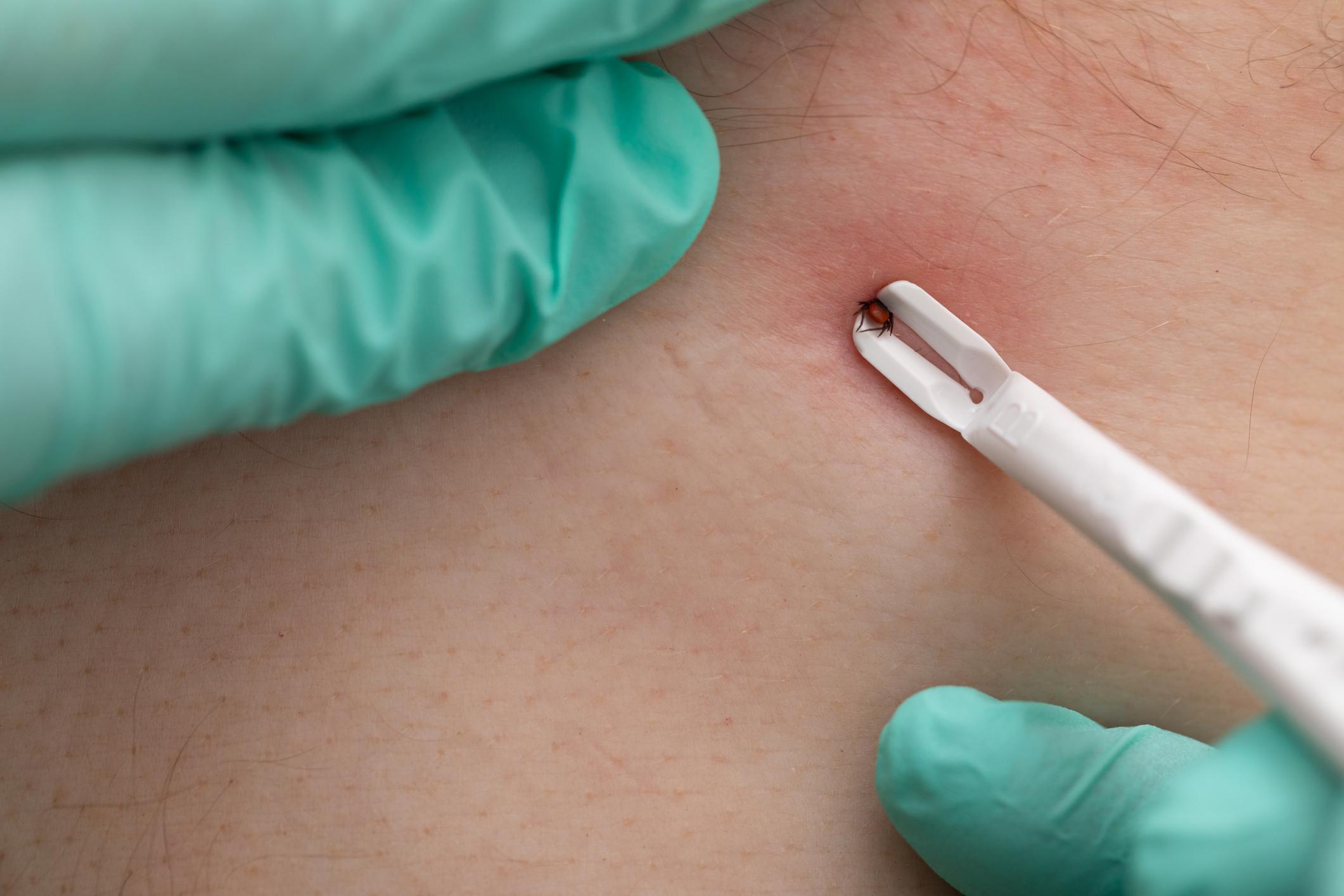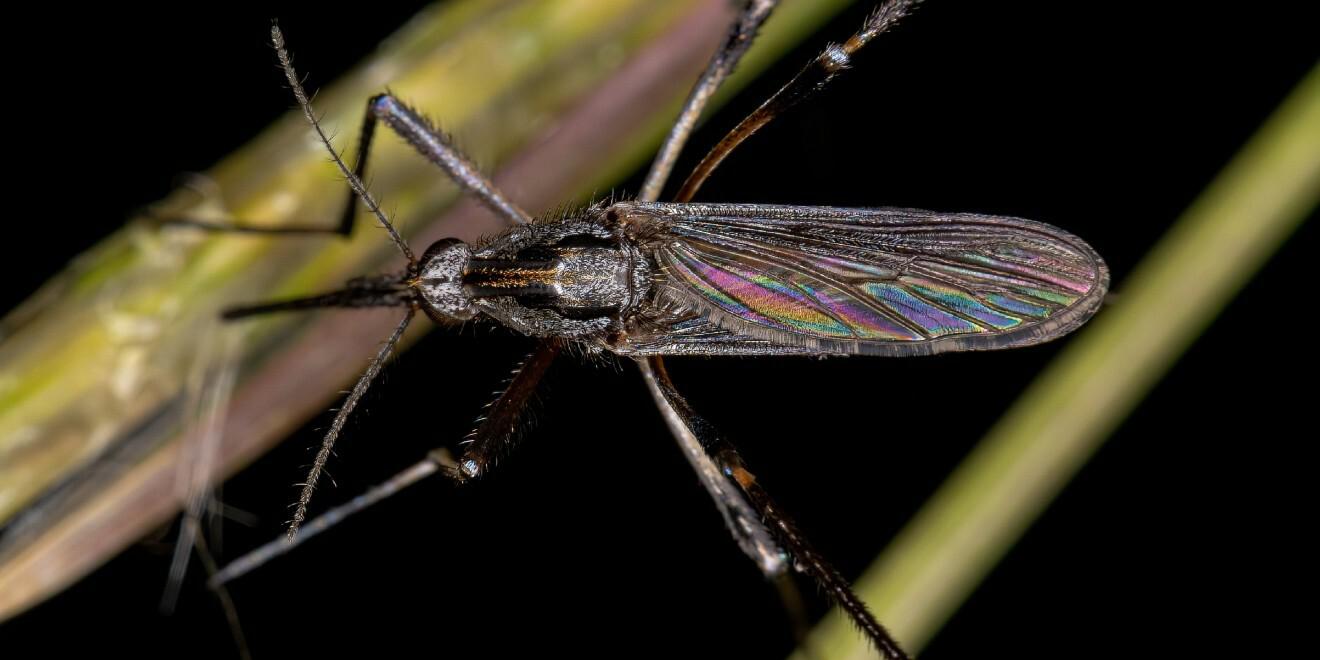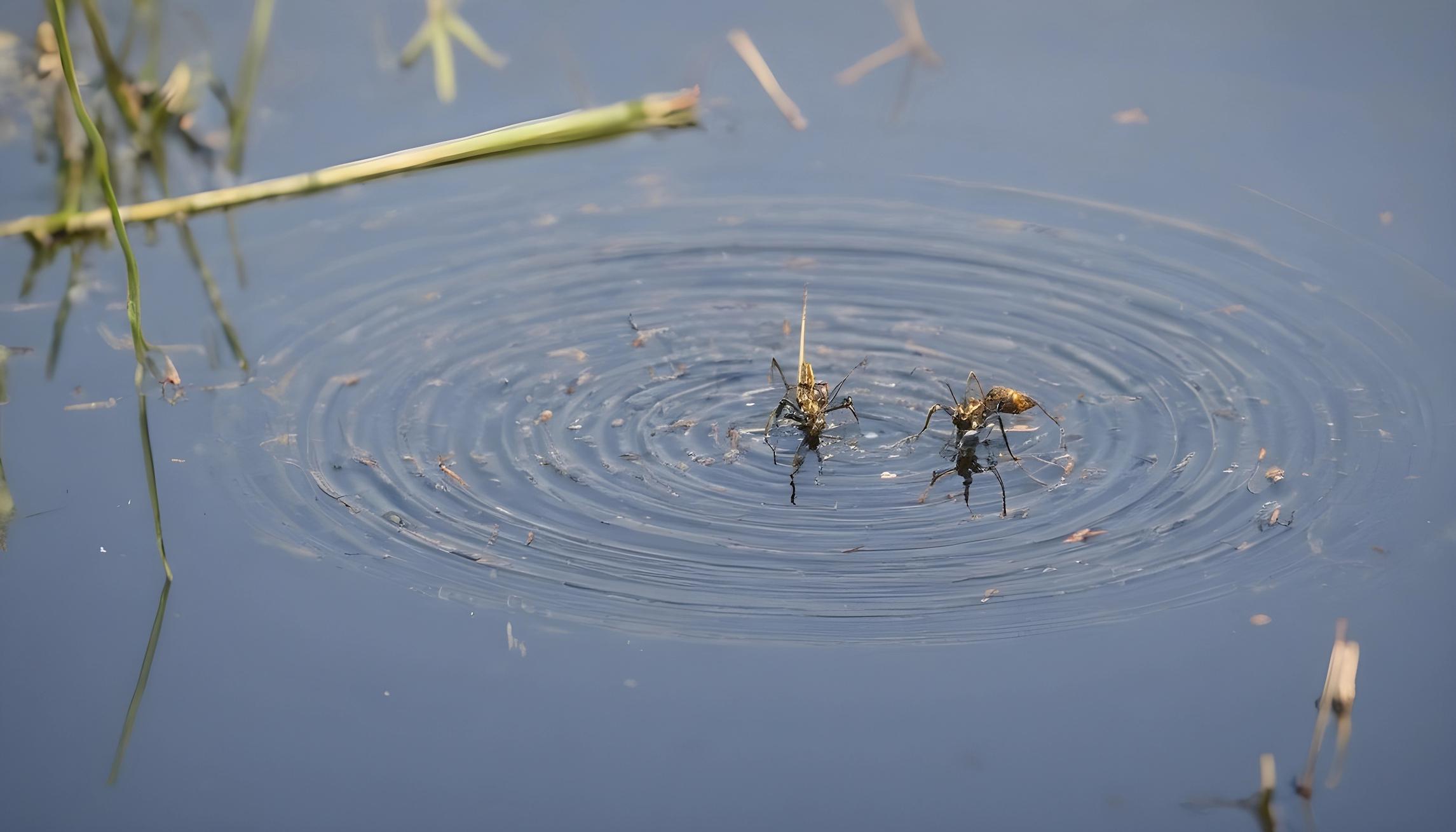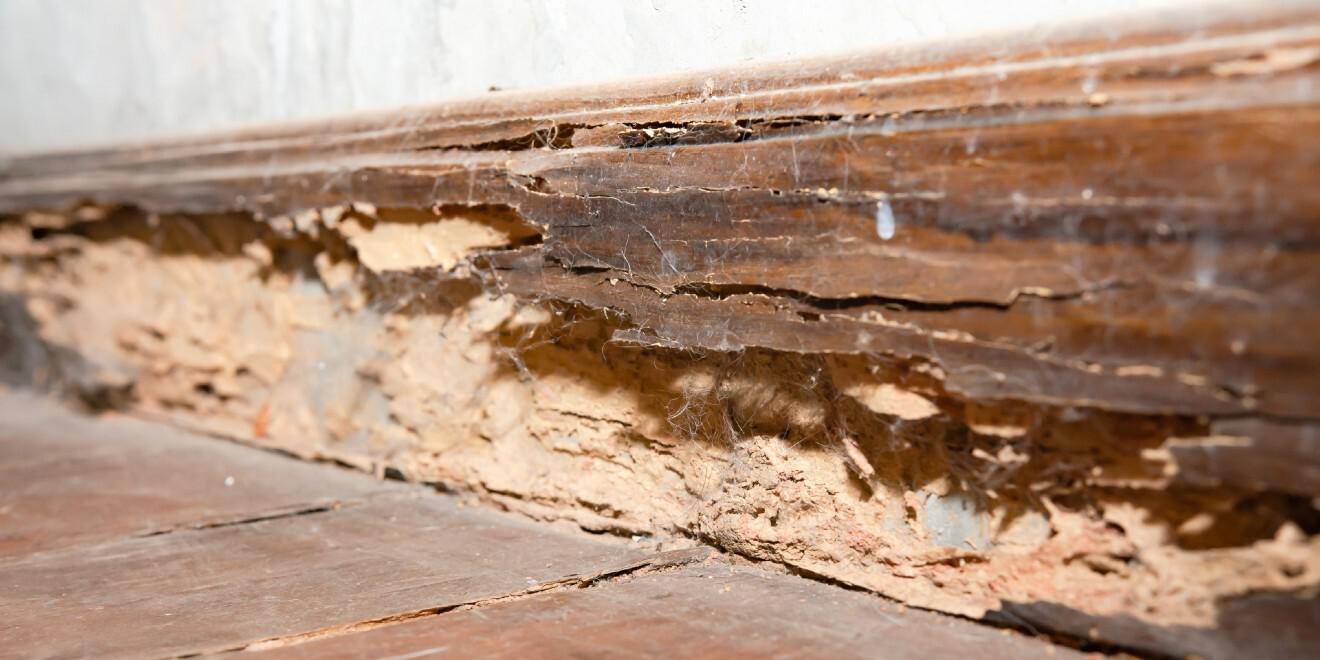What is West Nile Virus?
Posted by Mosquito Squad
December 19, 2023

Several mosquito-borne illnesses are found within the United States, and though most of the outbreaks have been relatively contained, that doesn't mean that you shouldn't be cautious. One such illness you need to be mindful of is the West Nile Virus. Knowing what West Nile Virus is, how to prevent it, and what the symptoms and treatments are crucial in protecting you and your family.
What is West Nile Virus?
West Nile virus, also known as WNV, is the most common mosquito-borne disease in the continental United States.
Transmission
Mosquito-borne illnesses mean an infected mosquito must bite a person or animal to spread the infection. According to the CDC, where the West Nile Virus is concerned, a mosquito usually feeds from an infected bird. After a week of incubation, the mosquito can pass along the infection to people and animals it feeds on. Birds are known as amplifier hosts, meaning they can catch and incubate the virus in their bloodstream. Humans and other mammals are known as "dead end" hosts, meaning that the virus cannot develop in their bloodstream nor pass it on when bitten by other mosquitoes.
West Nile cannot be spread through touch, coughing, or sneezing.
Symptoms
In most cases of West Nile, there are few, if any, symptoms shown. Many of these cases often are undiagnosed and can be associated with seasonal allergies or a 'summer cold.' Though this can be a good thing, it also presents the problem of not necessarily knowing where outbreaks of the virus are without the aid of mosquito testing in the region.
West Nile Virus most often has no visual symptoms. In 8 out of 10 cases, a person is completely asymptomatic.
Roughly 1 in 5 who are infected with WNV develop a fever that can be accompanied by such symptoms as headache, body aches, joint pains, vomiting, diarrhea, or rash.
Severe symptoms afflict about 1 in 150 infected persons. Severe illnesses can develop from these individuals, leading to encephalitis (inflammation of the brain) or meningitis (inflammation of the membranes around the brain and spinal cord). Symptoms of severe WNV cases include high fever, headache, neck stiffness, muscle weakness, numbness, paralysis, vision loss, tremors, convulsions, disorientation, stupor, or coma. Individuals over 50 are at a greater risk for severe cases of WNV, their chances increasing to 1 in 50, along with immune-compromised individuals.
Treatment
Currently, no vaccines or treatments exist to protect humans from or eliminate WNV infection. Doctors recommend using over-the-counter pain relievers and fever reducers to help alleviate the symptoms. For more severe cases, hospitalization could be required.
Prognosis
Recovery for most who develop signs of being infected with West Nile Virus will recover in less than a week and will recover quickly. Weakness and fatigue are noted to last for weeks or months.
Recovery from severe illness can take anywhere from several weeks to months, though some central nervous system conditions can potentially be permanent. Unfortunately, 1 out of 10 people who develop conditions that affect the central nervous system is a fatal infection.
Highest Chance of Exposure
The summer and fall mosquito seasons coincide with the peak times for WNV transmission, though transmission can occur earlier in the year.
Most Common Mosquito Carrier
Not all mosquitoes carry WNV. The main carriers of WNV in the U.S. are three species of Culex mosquitoes. These are Culex pipiens, Culex tarsalis, and Culex quinquefasciatus. Culex tarsalis and Culex quinquefasciatus are both found in Texas and are noted for carrying other mosquito-borne diseases such as St. Louis Encephalitis, Western Equine Encephalitis, and other diseases.
Avoiding WNV with Mosquito Control
It is recommended to be proactive in protecting you and your family when and where mosquitoes are active outdoors. This includes wearing long sleeves and pants as well as utilizing bug repellent. When around your own property, you can get help protecting your property from the Mosquito Squad of El Paso. By following the 7 T's of mosquito control, you'll be able to reduce the presence of mosquitoes around your property.
The 7 T's of Mosquito Control
Tip over items that collect water.

Toss yard waste, like grass clippings.
Turn large items over that aren't being used, like bird baths or children's pools.
Remove Tarps that are loose, whether removing them entirely or tying them down tautly.
Take Care of your gutters, ensure downspouts are connected and check irrigation systems for breaks.
Team Up with neighbors. When homes are close together, mosquitoes can spawn at a neighbor's and spread to yours
Treat your house and yard with a mosquito barrier.
Traditional Barrier Mosquito Control
Mosquito Squad uses a proven and reliable mosquito control n the form of our Traditional Barrier Mosquito Treatment. This treatment lasts three weeks and protects you, your family, and your pets from possible West Nile exposure by treating your entire property and forming a barrier that keeps up to 90% of mosquitoes out of your yard. When you are ready to protect your yard against mosquitoes, contact the Mosquito Squad of El Paso.
Knowing how to reduce your chances of contracting the West Nile Virus is crucial. You never know if you will be in the 1% of people that develop severe symptoms. The best way to reduce risk is by hiring the professionals at Mosquito Squad of El Paso. We can reduce the mosquitoes in your yard by up to 90%. Call us today for a free quote for your El Paso mosquito control needs.















